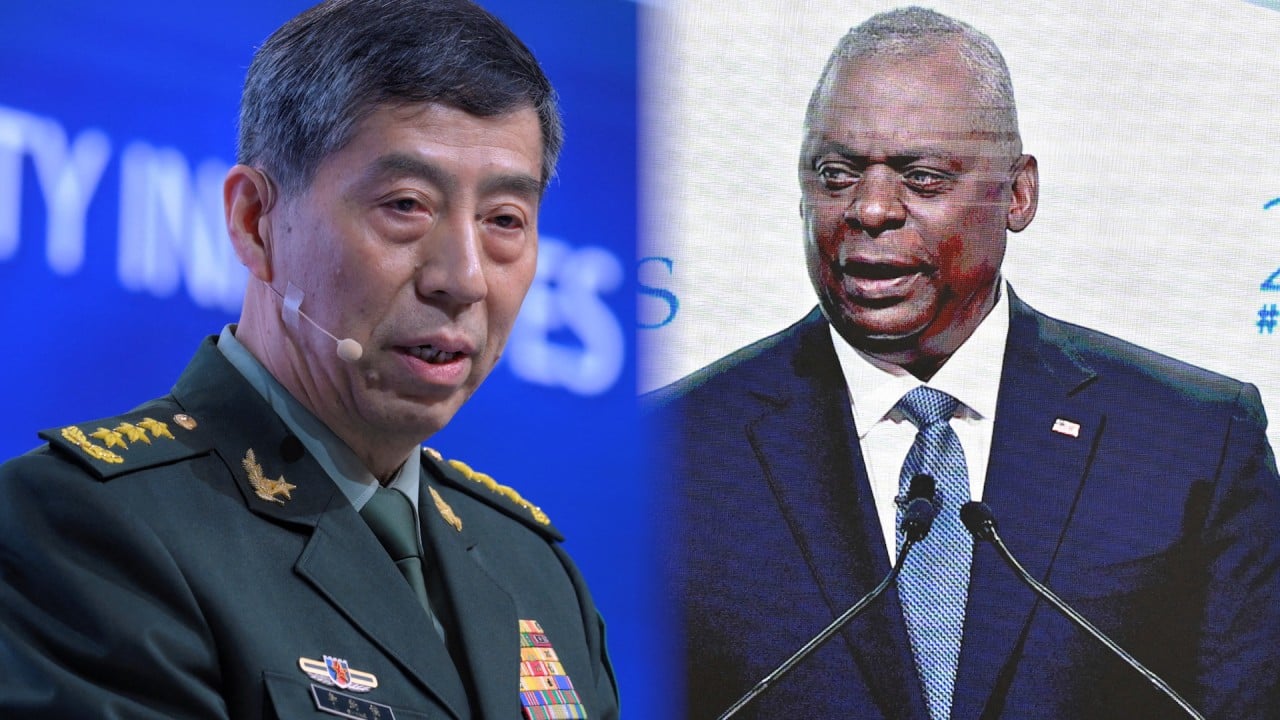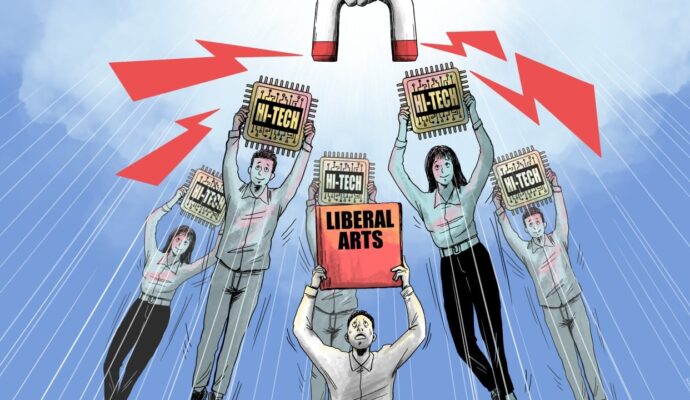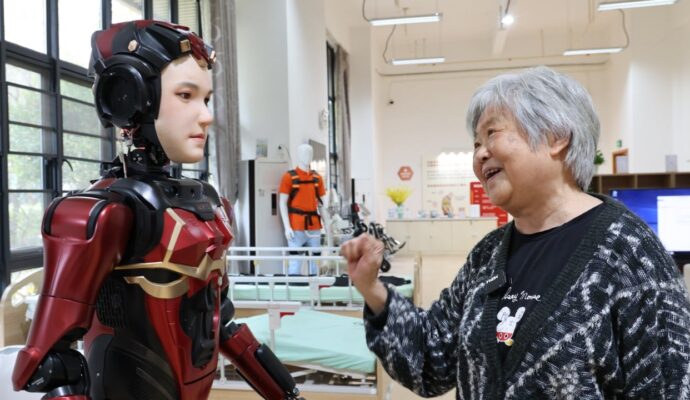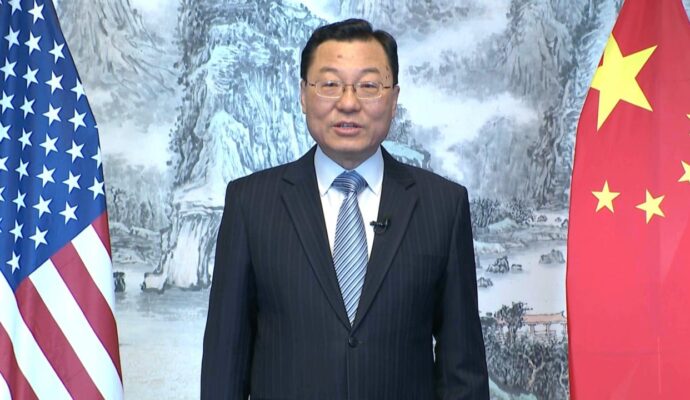Taiwan is a key issue plaguing ties between Beijing and Western capitals. Beijing has never renounced the use of force to take control of Taiwan, which it sees as a province to be unified with the Chinese mainland. Most countries, including the United States, do not recognise Taiwan as independent, but many oppose any attempt by Beijing to attack Taiwan.
At Monday’s forum, Zhang took a thinly veiled swipe at the US, saying that a “certain country” was interfering in the Asia-Pacific and in the internal affairs of other nations – a refrain often used by Beijing in response to criticism, mostly from Washington.
“Wherever its hands extend to, that is where peace and quiet is not possible,” Zhang said, accusing the unnamed country of creating geopolitical discord for its own interests and to instigate “colour revolutions”, without elaborating.
Much of the speech focused on the Global Security Initiative, a set of principles proposed by President Xi Jinping to resolve world conflicts. Many of them confront foreign policy principles of the West, including the use of unilateral sanctions.
The three-day Xiangshan conference, which began on Sunday, is seen as China’s answer to the annual Shangri-La Dialogue and focuses heavily on the role of the Global South in international security as well as Beijing’s initiatives.
Zhang’s role at this year’s Xiangshan gathering is unusual – the opening speech has been delivered by the defence minister since the forum began in 2006. But that position is vacant after Li was removed as defence chief last Tuesday, after being absent from public engagements since the end of August, with no explanation given. He also lost his state councillor title and CMC membership.
In Li’s place, the two vice-chairmen of the CMC – the Chinese military’s ruling body – have been holding bilateral meetings on the sidelines of the forum.
Zhang has met the defence ministers of Mongolia, Laos, Myanmar, East Timor and Belarus, while the second-ranked vice-chairman, General He Weidong, met Vietnam’s defence chief.
Both Zhang and He are Politburo members and outrank the defence minister in China’s top command, headed by Xi. As such, it is seen as a protocol faux pas for a CMC vice-chairman to meet another country’s defence minister since they are not considered counterparts.
No US defence secretary has met a CMC vice-chairman since 2018, when James Mattis met General Xu Qiliang, then the senior vice-chairman, in Beijing.
Now, as China has no defence minister, the CMC vice-chairmen have had to take on military diplomacy responsibilities.
Questions cloud prospects for Xi-Biden Apec talks, ex-envoy tells defence forum
Questions cloud prospects for Xi-Biden Apec talks, ex-envoy tells defence forum
Michael Swaine, a senior research fellow at the Quincy Institute for Responsible Statecraft who was at the forum in Beijing, said military-to-military communication between the US and the PLA would become meaningful only when it expands to civilian leadership level.
“The critical crisis decision about Taiwan will not be made by military leaders, but by the political leadership,” he said. “The political leadership would have a relatively very high-level understanding of the dangers of the crisis and what you need to say – and what you do not need to say.”
He Lei, a retired PLA lieutenant general, said Zhang had given an “important speech” because he had “effectively rebutted the China threat narrative” and underscored Beijing’s strategy of active defence.
He also said Zhang had reiterated Beijing’s “unwavering principle” on the issue of Taiwan, which showed the “sacred responsibility” of the Chinese military to defend its nation.
Additional reporting by Minnie Chan



